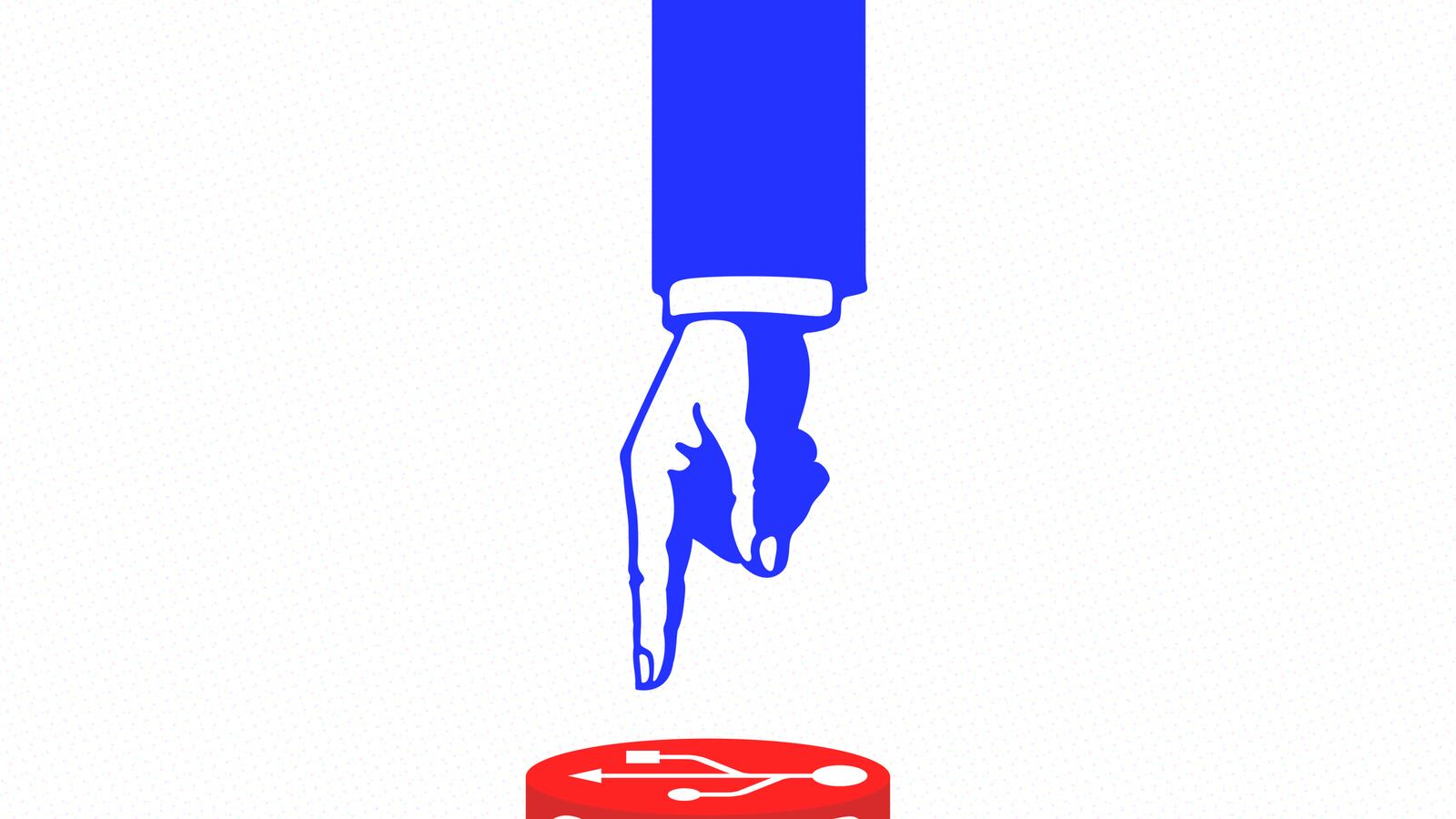A Ukrainian NGO has had its website temporarily taken offline by a subsidiary of the U.S.-based registrar company GoDaddy.com at the behest of the Russian government.
The Maidan Monitoring Information Center, a nonprofit organization, announced today that one of its domain names—maidanua.org—had been blocked indefinitely by Wild West Domains, LLC, the GoDaddy subsidiary, following a formal request by Roskomnadzor, Russia’s telecom regulator and censor.
However, following numerous requests by The Daily Beast to GoDaddy for comment, the URL appears to have been reactivated.
The Information Center was started in 2012 in the city of Kharkiv as a watchdog for human rights and democratic development in Ukraine. (Previously it had operated under a different name, the Civic Methodology and Information Center Vsesvit, which was started in 2001.) On Monday, it posted a notice about the removal of its site to a parallel domain, beseeching the U.S. government to intervene in what it calls an “appalling” violation of freedom of speech.
“From the year 2000,” the statement read, “our website at http://maidan.org.ua has been hosted on U.S.-based servers because we assumed that our content would be safe and secure there. Our second domain—maidanua.org—was registered on February 21, 2001. We registered it with a U.S.-based registrar as an alias because we were afraid of censorship attempts from Ukrainian authorities at the time. The threat of censorship in Ukraine has dissipated after the political breakthrough of March 2014, but now, ironically, we are being censored by a U.S.-based company.”
Despite repeated inquiries lodged with GoDaddy, the Information Center said it received no explanation from the company for why its domain was taken down.
“They refuse to reply to our requests,” Nataliya Zubar, board chair for the Information Center, told The Daily Beast by email at 3:30 p.m. EDT. Dan C. Race, a spokesman for GoDaddy, confirmed an hour later that the registrar was “looking into” maidanua.org’s removal. Minutes afterward, the site was back online.
The removal, however brief, appears to have conformed with a formal complaint by Roskomnadzor asking GoDaddy for just such an outcome. “This notice is being sent to restrict access to the news site,” the Internet monitor wrote, specifying a particular Information Center page deemed to “contains calls for mass disorders, to extremist activity and participation in mass (public) actions leading to violations of the established order.” (Roskomnadzor did not reply to requests for comment.)
Zubar told The Daily Beast that she had “not the slightest idea” what specifically triggered the ban. “However, I think our whole site and its 15 years of archives could be considered extremist activities by any Russian court,” she said.
Tellingly, the specific URL cited by Roskomnadzor was a chat forum on the domain where evidence showing Russia’s military involvement in Ukraine has been posted. In one post, in fact, a link is provided to a page on censor.net, an alternative Russian news site, purportedly showing a list of all the members of the 3rd Guards Separate Spetsnaz Brigade based in Togliatti, an elite unit of the Russian military, who have been captured in Ukraine and are now being held by the Kiev government.
According to Andrei Soldatov, the coauthor of the forthcoming title Red Web: The Struggle Between Russia’s Digital Dictatorship and the New Online Revolutionaries, if GoDaddy did indeed remove the domain in compliance with a Roskomnadzor request, then that would constitute a near-unprecedented capitulation by a Western registrar to the Russian government.
“It’s one thing is to block a site,” Soldatov said. “That means the site is universally accessible except for the Russian audience—in other words, it affects only those in Russia, and it can be circumvented by Tor [a common software that allows anonymous web communication]. But in this case, Roskomnadzor tried to shut down the site entirely, affecting its readers outside of Russia’s jurisdiction.”
In their new book, Soldatov and Irina Borogan document only one other attempt by the state censor to cajole a non-Russian company into yanking what the Kremlin considered an undesirable website. In August 2014, the German hosting provider Hetzner received a similar email from Roskomnadzor asking that glavkom.ua, a popular Ukrainian news service, be taken offline. “Hetzner agreed and sent a warning letter to the then editors of glavkom.ua,” Soldatov and Borogan write. “Immediately the letter was posted online, triggering protests—people were outraged that a request from Russia to a firm in Germany could take down a website in Ukraine. Hetzner was forced to apologize.”
When The Daily Beast emailed Zubar to inform her that her website had been restored, she wrote back: “Oh great. Thanks for good news. Still we had not got a single communication from GoDaddy.”
A followup inquiry to GoDaddy’s Race asking what, exactly, had transpired yielded no reply as of press time.






